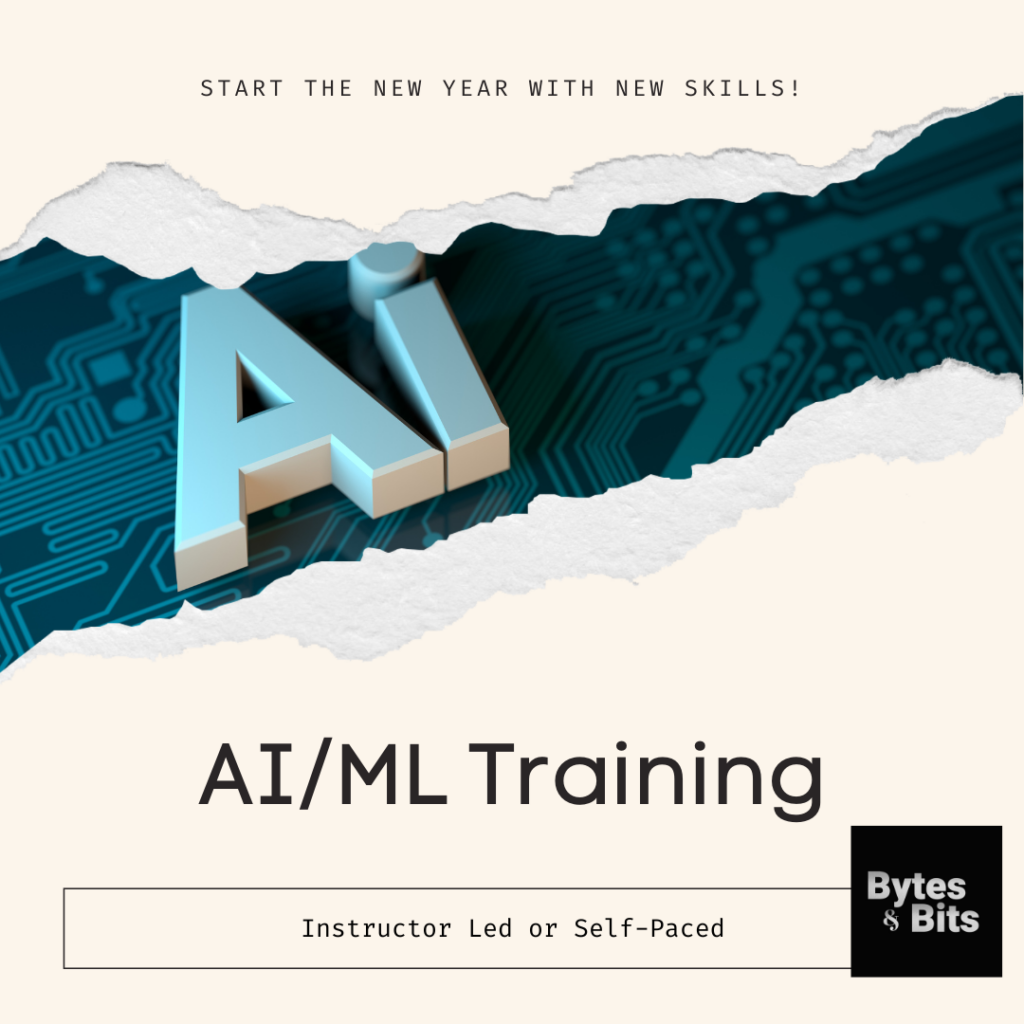Artificial intelligence (AI) has revolutionized the way we live and work, and its impact can be seen in almost every industry. From healthcare to finance, AI has improved efficiency, innovation, and decision-making processes. In this article, we will explore the ways in which AI has positively impacted various fields and industries, and provide specific examples of how it has improved efficiency and innovation in small businesses and academia.
AI Integration in Different Fields and Industries
Healthcare

by Nappy (https://unsplash.com/@nappystudio)
AI has had a significant impact on the healthcare industry, from improving patient care to streamlining administrative tasks. Telehealth companies like CareMonitor are able to use AI technology services such as Amazon Transcribe Medical to create transcriptions from medical consultations. Amazon Transcribe Medical uses machine learning to generate transcription, taking advantage of the automatic speech recognition (ASR) that is unique to the medical industry.
Finance
In the finance industry, AI has improved efficiency by automating repetitive tasks and reducing the risk of human error. For example, AI-powered chatbots can handle customer inquiries and provide personalized recommendations, freeing up time for human employees to focus on more complex tasks.
Another use of AI/ML technologies was demonstrated by Fibe, a non-banking financial company in India. One of the services they used is Amazon Textract which uses optical character recognition (OCR) technology to extract data from client documents. In addition to extracting the text, it is able to identify and understand the text as well which can offset manual and resource-expensive processes.
Education

by Kelly Sikkema (https://unsplash.com/@kellysikkema)
AI has had a significant impact on the education industry, from personalized learning to administrative tasks. With the help of AI, teachers can create personalized learning plans for students based on their individual needs and learning styles. This not only improves student outcomes but also reduces the workload for teachers.
AI has also improved efficiency in administrative tasks, such as grading and record-keeping. This allows teachers to spend more time on teaching and interacting with students, leading to a more engaging and effective learning experience.
Saint Louis University shares how they leverage services with Amazon Web Services (AWS) to create a chatbot platform that is utilized by students and employees.
Retail
In the retail industry, AI has improved efficiency by automating tasks such as inventory management and customer service. With the help of AI, retailers can analyze customer data and make personalized recommendations, leading to increased sales and customer satisfaction. Tools such as Amazon Forecast has helped retailers like schuh footwear to predict finance and sales targets by using the same technology for time-series forecasting as Amazon.com
AI Impact in Small Businesses
Small businesses can also benefit from AI integration, as it can help them compete with larger companies and improve their operations. Here are some specific examples of how AI has improved efficiency and innovation in small businesses.
Customer Service
Small businesses can use AI-powered chatbots to handle customer inquiries and provide personalized recommendations. This not only improves customer satisfaction but also reduces the workload for human employees, allowing them to focus on other tasks.
Marketing and Sales
AI can analyze customer data and identify patterns and trends, allowing small businesses to make more informed decisions and target their marketing and sales efforts more effectively. This can lead to increased sales and customer retention.
Inventory Management
AI can analyze sales data and predict demand, allowing small businesses to optimize their inventory levels and reduce waste. This can lead to cost savings and improved efficiency in the supply chain.
AI Impact in Academia
AI has also had a significant impact in academia, from improving research to streamlining administrative tasks. Here are some specific examples of how AI has improved efficiency and innovation in academia.
Research
AI has improved efficiency in research by analyzing large amounts of data and identifying patterns and trends. This allows researchers to make more informed decisions and accelerate the pace of their research.
Plagiarism Detection
AI-powered plagiarism detection tools have made it easier for educators to identify and prevent plagiarism in academic work. This not only improves the integrity of academic work but also saves time for educators who would otherwise have to manually check for plagiarism.
Administrative Tasks
AI has also improved efficiency in administrative tasks such as grading and record-keeping. This allows educators to spend more time on teaching and interacting with students, leading to a more engaging and effective learning experience.
The AI Revolution
The impact of AI in various fields and industries is undeniable, and it is only expected to grow in the future. As AI technology continues to advance, we can expect to see even more improvements in efficiency and innovation in small businesses and academia.
With the help of AI, businesses and academic institutions can make more informed decisions, improve customer satisfaction, and stay ahead of the competition. It is clear that AI is not just a passing trend, but a revolution that is here to stay.
Conclusion
In conclusion, AI has positively impacted various fields and industries, from healthcare to finance, education, and retail. It has improved efficiency and innovation, making processes faster, more accurate, and more personalized. Small businesses and academia have also benefited from AI integration, as it has helped them compete with larger companies and improve their operations.
As AI technology continues to advance, we can expect to see even more improvements in efficiency and innovation in all industries. It is essential for businesses and academic institutions to embrace AI and stay ahead of the curve to remain competitive in today’s fast-paced world. The AI revolution is here, and it is time to embrace it.
Note: This blog was written using AI tools such as Semrush ContentShakeAI and OpenAIchatGPT.
Start your AI/ML learning today!


Tasha Penwell is a digital marketing specialist and educator. She provides services in web development, social media marketing, customized Snapchat filters, and content writing.
She lives in Ohio with her husband and enjoys photography, exploring new technologies and is an active presenter for conferences and workshops.